DevOps
Apply Now
🔥 Trending
Course Mode
Offline
Duration
4
Eligibility
A minimum of 50-60% in 10+2 from a recognized board, with Physics, Chemistry, and Mathematics (PCM) as core subjects.
Entrance Exam
JEE Main or WBJEE for B.Tech. programs.
Type of Course
UG
Course Summary
A DevOps course bridges the gap between software development (Dev) and IT operations (Ops). It is a methodology that emphasizes collaboration, communication, and automation throughout the entire software development lifecycle. Students learn to manage the continuous integration and continuous deployment (CI/CD) pipeline using a suite of tools like Jenkins, Docker, Kubernetes, Ansible, and Git. The program is designed for those who want to automate processes, manage cloud infrastructure, and ensure the rapid and reliable delivery of software. It is an ideal field for individuals with a strong background in programming and an interest in system administration and automation.
📅 Upcoming Admission Deadlines
- devops with 50% scholarship August 28, 2025
Top Recruiters

TCS
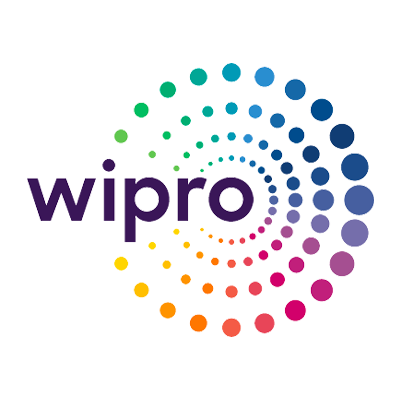
Wipro
Infosys
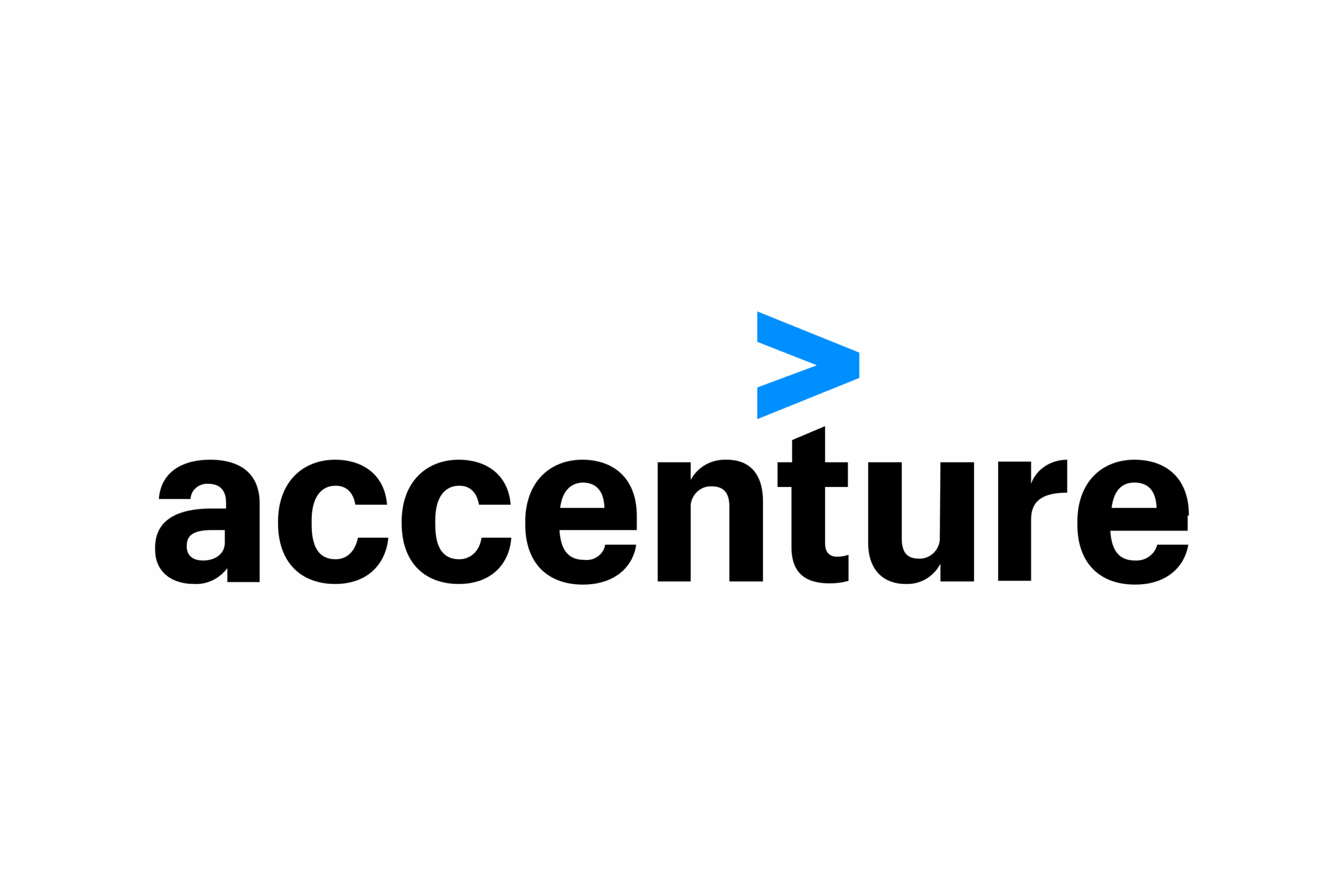
Accenture
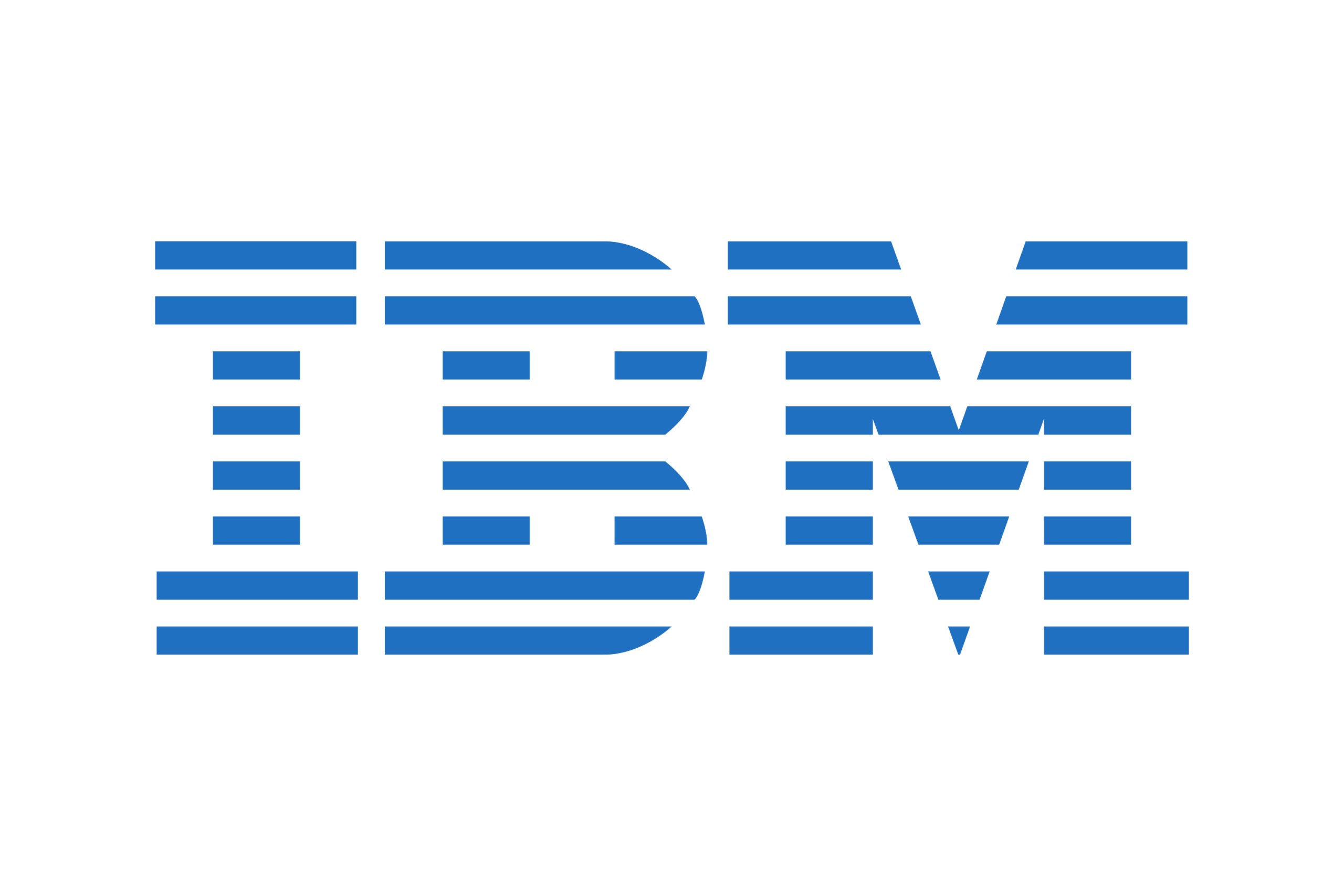
IBM

HCL Technologies
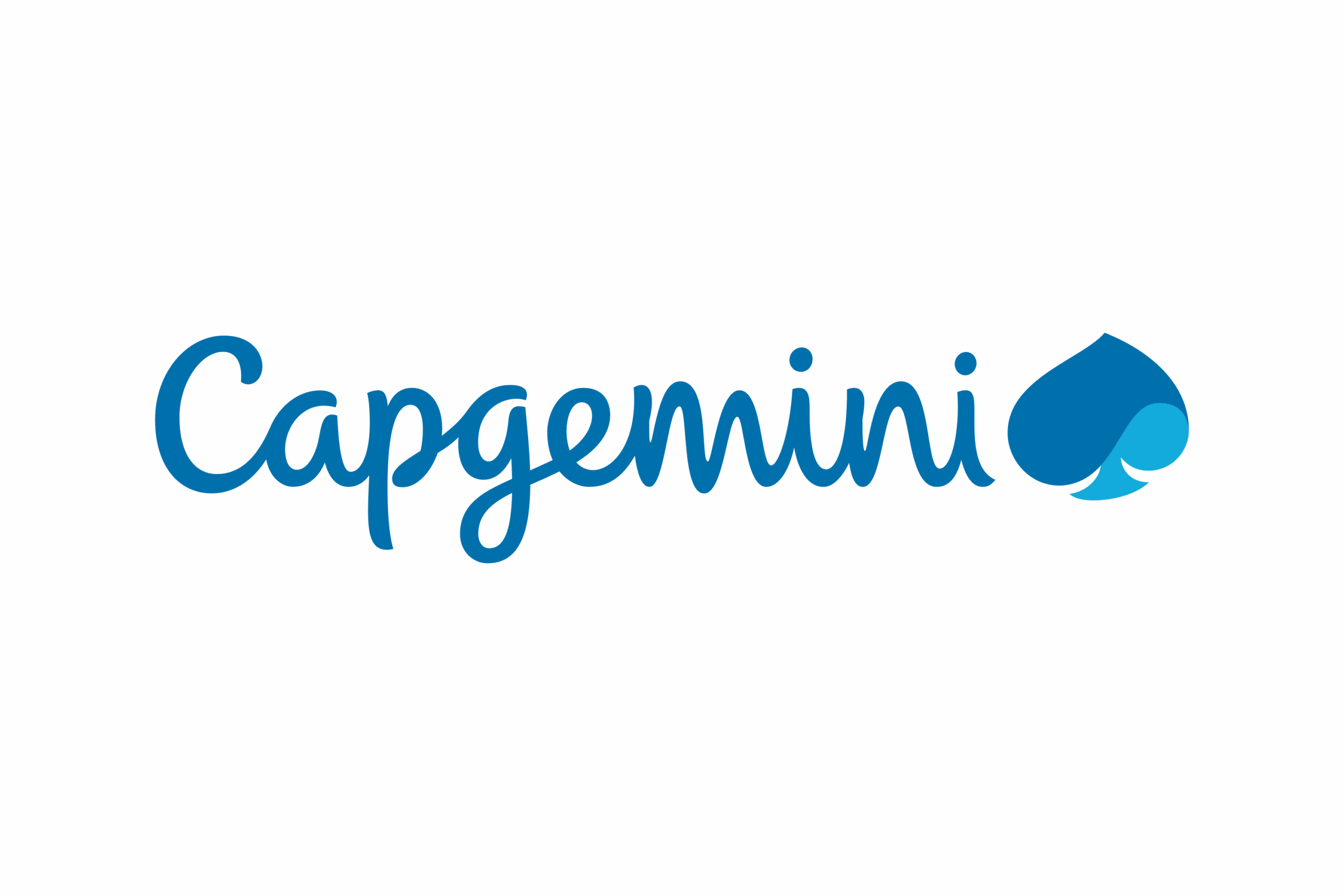
Capgemini
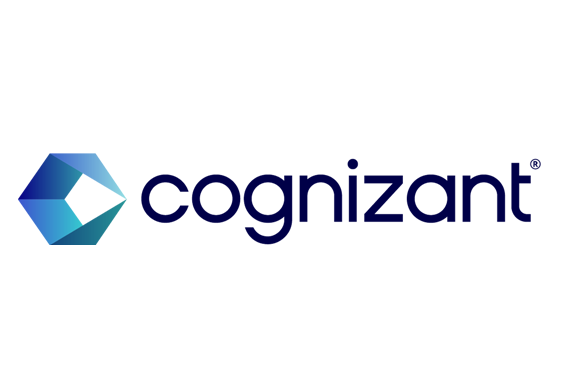
Cognizant
Career Scope
Network Engineer
Frontend Engineer
Software Developer
Web Developer
College-wise Fees
Frequently Asked Questions
DevOps is a philosophy and practice that merges software development and IT operations to shorten the software development lifecycle and deliver software more frequently and reliably. It involves a cultural shift towards shared responsibility and collaboration between teams, using automation and tools to improve the speed and quality of software delivery.
DevOps is important because it enables businesses to respond quickly to market changes, improve customer satisfaction, and gain a competitive advantage. By reducing the friction between development and operations, DevOps leads to faster deployment cycles, higher quality products, and more efficient operations, making businesses more agile and scalable.
DevOps relies on several key components, including:
Continuous Integration (CI):
Automating the process of merging code changes into a shared repository and performing builds and tests.
Continuous Delivery (CD):
Extending CI to automatically deliver code changes to a staging or production environment after passing tests.
Infrastructure as Code (IaC):
Managing and provisioning infrastructure through code and automation, ensuring consistency and repeatability.